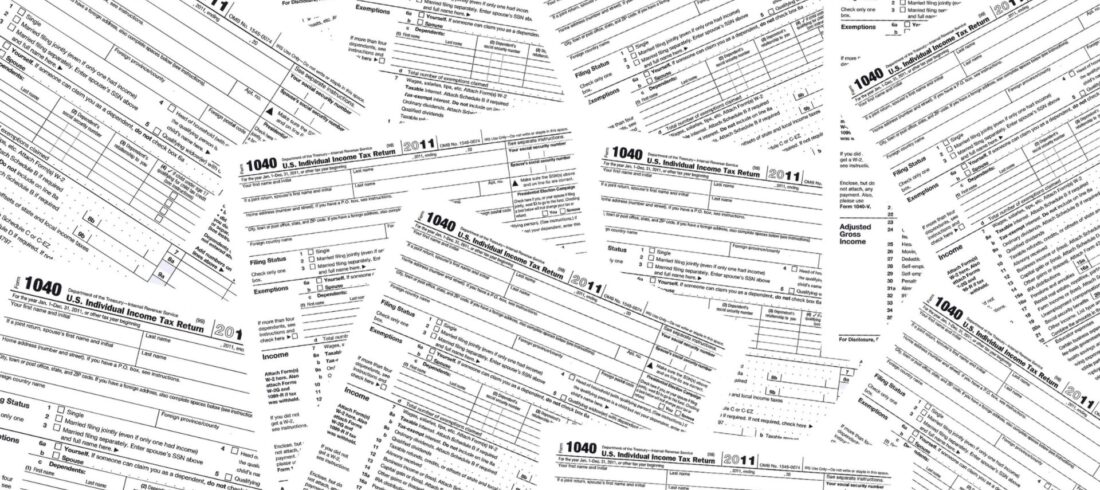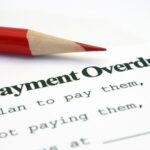DH asks: Being an independant contractor, do I have to show a profit in so many years, or can I still get the usual business write offs even if my expenses are more that income?
You may be able to take business write-offs even if your business never has a profitable year.
The 3 profitable years out of every 5 rule is a “safe harbor” for the presumption that your motive in operating your business is to make a profit. The reason it’s important to establish a profit motive is that the Tax Code defines a business as activity in which you engage for the primary purpose of making a profit. You are not required to actually make a profit, but you do have to show you sincerely tried. In other words, your primary motive cannot be to have fun or to save on your taxes.
Certain expenses are presumed to be personal in nature – for example, food, toothpaste, clothing, home utility bills, pet care, electric trains, golf clubs. For any expense you can think of that’s ordinarily a person expense, you can bet someone has tried to turn it into a business (sometimes successfully): food critic, home party cosmetic sales, fashion modeling, home office, dog breeding, hobby shop, golf school.
Some businesses are less likely than others to come under IRS scrutiny as suspected hobbies. People seldom take up plumbing repair or bookkeeping for the sheer fun of it. On the other hand, horses, electric trains, photography, and knitting sound more like hobbies. Also, IRS has picked on direct sales and MLM businesses, perhaps because some of these businesses have been promoted as a way to “beat the taxman” (to quote from a promotional website, which I will not name here).
The Tax Code offers no clear objective test for determining whether an activity is Business or Hobby. Instead, one must rely on facts and circumstances. As with all tax provisions that depend on facts and circumstances, the business-or-hobby question has resulted in extensive litigation. In an attempt to make things easier, Congress added the 3-out-of-5 rule to section 183 of the Tax Code. So if RB is writing off the cost of her garage workshop as Roberta’s Handcrafted Furniture and she makse a profit 3 out of 5 years, RB is presumed to have a profit motive and thus, to be operating a business. Does this mean that if you’re really trying to make it work but you keep losing money year after year, you might as well forget the write-offs? Not necessarily.
Even if you business boat doesn’t make the Safe Harbor, you can still use the facts and circumstances to demonstrate a profit motive. Here are some of the things IRS looks for:
- Did you devote a substantial amount of time to the activity?
- Did you advertise your product or service?
- Did you join trade associations?
- Did you keep organized records?
- Did you use the records analytically?
- Did you keep business money separate from personal money?
- Did you form a corporation?
As I mentioned earlier, IRS and the Tax Court have been especially hard on certain types of businesses that do not fit the ordinary concept of hobby – for example, multi-level marketing/direct sales. I will go into more detail on MLM/direct sales in the next article.













